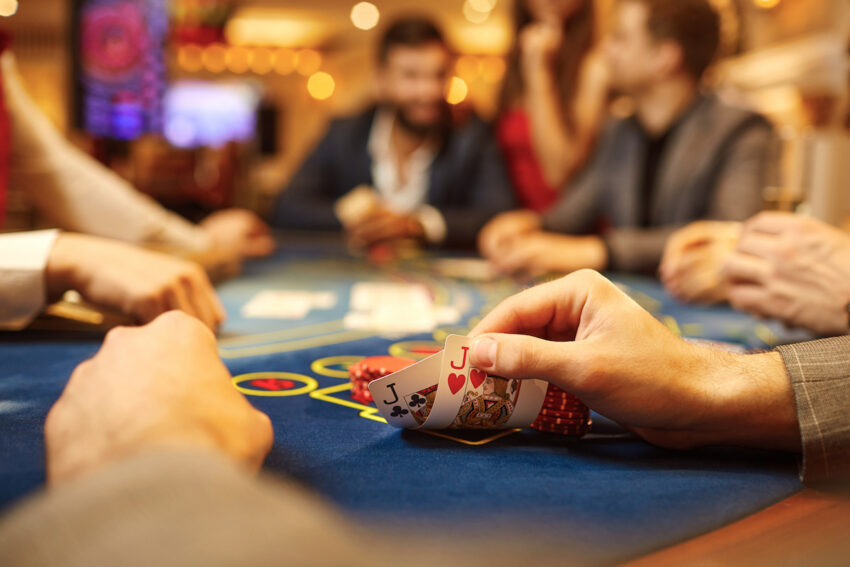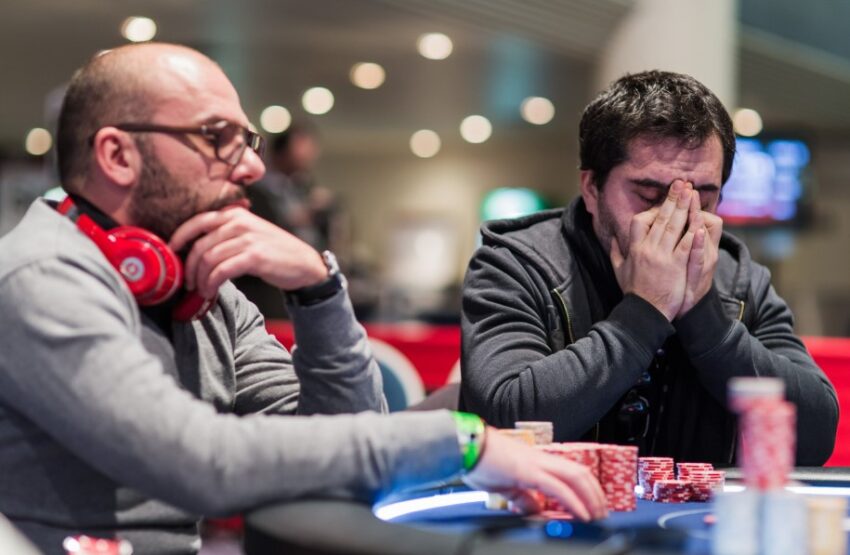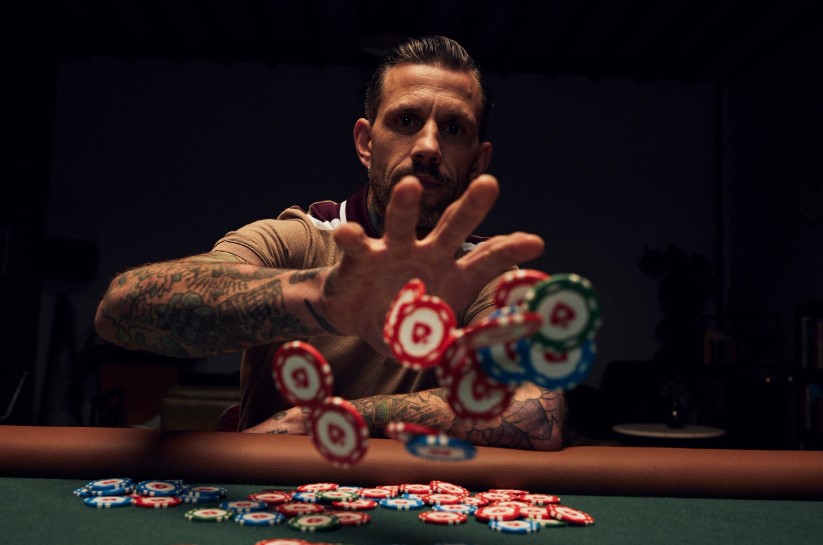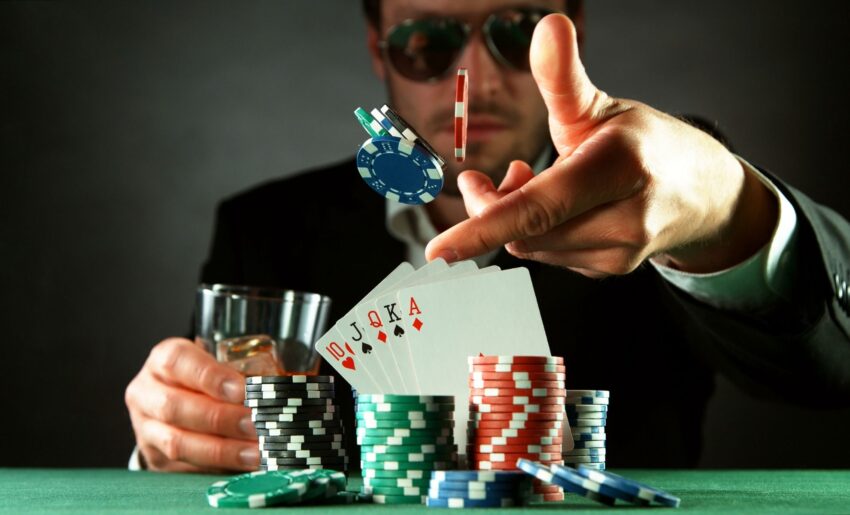Bluffing is one of the most exciting yet challenging aspects of poker. It involves using deception to convince your opponents that your hand is stronger than it is, making them fold and letting you take the pot. You can also bluff in the opposite way too, hiding the strength of your hand and making yourself appear weak to encourage your opponents to commit themselves to the pot even when you know you can beat them.
Whether it’s informal cash games between friends or some of the most well-known online poker tournaments, the technique of bluffing has been used to great success. Bluffing is as old as poker itself, or even older if you count the bluffing games that came before poker. While it’s not the only weapon in a poker player’s arsenal, it is one of the most fun to use. If you’d like to start bluffing like a pro, you’ll need plenty of practice. You’ll also need to follow this guide.
Be Aware of Your Table Image

In addition to being very significant in general, understanding your table image is essential for developing your bluffing technique. Your table image is how other players perceive you. For example, they might think you’re a beginner if you play loosely, or they might think you’re a pro if you play tight but aggressively. Develop an image of someone who is more than capable of bluffing but isn’t completely loose if you want to be good at it. You’ll constantly keep your opponents guessing and on the edge of their seats if you do this.
However, it’s not always possible to predict how a game will go down. It’s possible that you’ll have a string of excellent bluffing opportunities, which could lead to your opponents thinking that you bluff very often. Alternatively, you might have had poor luck and been card dead, making your opponents think you’re extremely tight. The key is to make the most of your situation and always consider how others perceive you.
Control Your Body Language

This is more relevant to live poker compared to online poker, but it’s still important to consider. Bluffing is an art of deception, and you need to really be in control of your body language if you want to successful fool your opponents. In live poker, physical tells are crucial, and if you exhibit too many of them, skilled players will probably be able to read you.
While bluffing, it can be difficult to stay in control of your body language, with facial expressions, the way you move, and the sound of your voice all potentially giving you away. Learn to stay calm under pressure and separate yourself from the money if you want to be unreadable.
Only Bluff in Heads-Up Pots
Bluffing is hard to get right, but even more so when there are more variables to consider. If you want to be successful, you should only ever bluff when it’s just you vs. one other opponent. Known as a heads-up pot, you’ll be far less likely to come up against an opponent with a stronger hand when it’s one on one.
It gets increasingly challenging to pull off a good bluff when there are several players participating in a hand. There is just so much information you need to consider before making your decisions forward, and the chances of someone calling you also increase. Of course, if no players are getting involved, you can bluff to attempt to steal a pot but don’t get in too deep.

Change Your Strategy Often
While the above tips will help you bluff more effectively, you shouldn’t fall into the trap of playing the same way every time. Part of being successful in poker is knowing how to play unpredictably. Poker pros change their strategy regularly to confuse their opponents and stay one step ahead. If you bluff too often, other players will cotton on and will call you on your raises.
Bluffing less often will mean you take fewer opportunities, but opponents are less likely to know you’re bluffing. You should also consider what spot you’re bluffing from. Always stay fluid, and you’ll be less predictable to your opponents.

